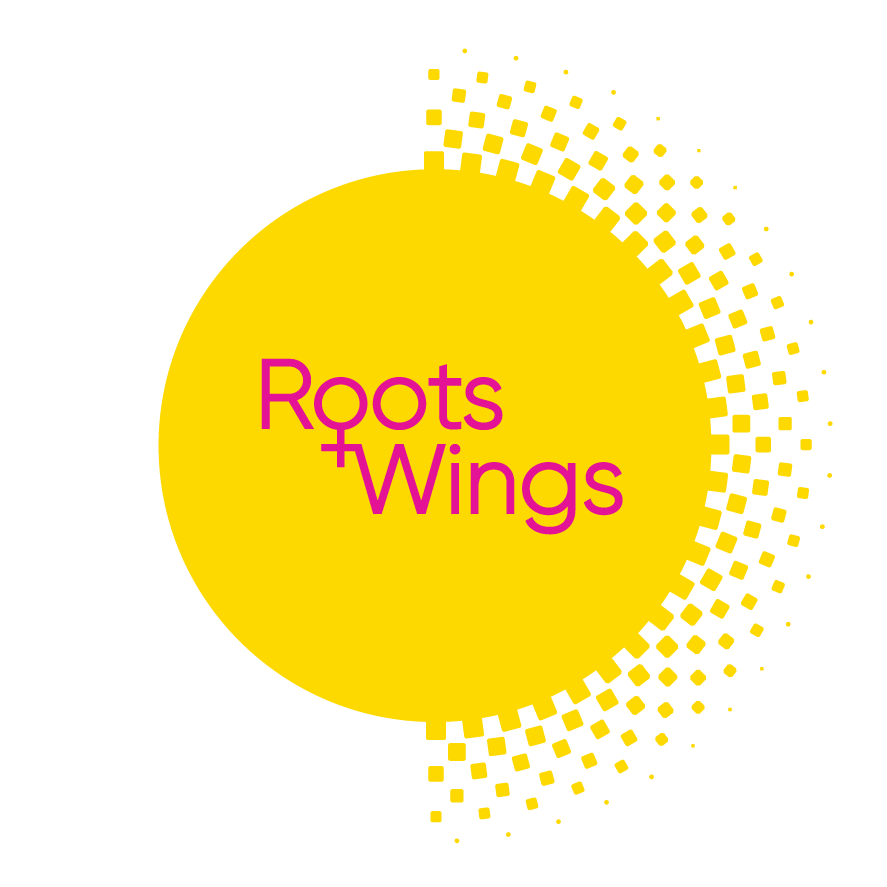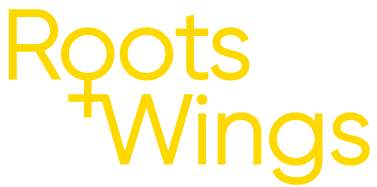How to build a major donor programme
We’ve all heard about it, and many of us have experienced it: an organisation hires its first major gift fundraiser and expects to see stratospheric income results from day one. Six months in and they start to wonder where the money is…
… when the irony is, their new hire is probably doing exactly what they should be! So much has to happen before a major gift fundraiser can get anywhere near “The Ask”. But this is often overlooked in the scramble to close that gap in the annual budget.
Here are some of the fundamental building blocks for a successful major donor programme. They are based on my own experience and of course there are plenty more; I’d love to hear what you think.
Well-mapped networks
One of the first things you should do as a new major gift fundraiser is build a map of the key people in your organisation’s orbit. Who is already giving at a significant level? Who are the trustees, ambassadors and patrons and who do they know? Who does the CEO know? Who are the major donors to similar organisations and can you find links to them? Talk to as many people as possible: be open about your role and explain that you are in an exploratory phase. This in turn will help you devise your fundraising strategy.
No conversation with anyone who is interested in your organisation’s work is ever wasted. The largest donation I’ve worked on in my career was the result of sitting next to someone at a dinner two years before we even started discussing his philanthropy. Remember your conversations and stay in touch with the people you meet. Invest in relationships now and you’ll see returns in spades down the line.
Realistic targets and timescales
Hiring a major gift fundraiser does not mean an organisation can put a huge annual income target into their budget in year one. (In fact, be very wary if that’s the case). It takes time to meet prospective major donors, to build trust, and then to make that ask. It also takes time for you, the fundraiser, to learn how to talk about your organisation engagingly and to understand for yourself what a transformational gift would achieve.
Good organisations know that there’s a lead-in time for this type of fundraising. With any luck they’ve recruited you 1-2 years before that spike in projected income. Clarify this on arrival if you need to. You are a fundraiser, not a magician.
Buy-in across the organisation
It’s all very well doing the work every day. But you’ll need to have buy-in from colleagues across your organisation if this is really going to be successful. How to do this? Communicate, always. Explain that there is no quick fix with this work; you are likely to be asking for special favours for some time without it appearing to make a difference. Reassure colleagues that this is normal.
When something promising does happen – perhaps a meeting secured with a prospective donor or some great feedback received after an event – let your colleagues know about it, thank them for their input and tell them what this means for your work.
Acknowledgement that it’s team work
Following the above, major gift fundraising is never done alone. Yes, you are responsible for the nuts and bolts, but you are reliant on many others to move things forward: that hand-written note from the project manager, the handshake from the CEO at an event, the quick “I saw this and thought of you” email from the Chair of the Board. Also: for goodness’ sake be humble. Raising larger donations and working with senior people within your organisation doesn’t make you a better or more important fundraiser than anyone else. Acknowledge the contribution of others and thank them for it.
I once came across our Communications Officer bent over the photocopier at work, enlarging every page of our annual magazine for a donor whose eyesight had worsened. It took him a couple of painstaking hours during a busy day. A few months later that donor left us a legacy of over £1m. I have absolutely no doubt that my colleague’s dedication was the deciding factor for that transformational gift.
Perseverance
Major gift fundraising is tough! It’s sometimes hard to stay positive when prospective donors decline to meet with you (or even more dishearteningly, don’t reply to you at all). It may feel like your colleagues working in other areas of fundraising enjoy a steady stream of happy news: a successful grant application here, a clutch of new monthly donors there. Be disciplined about your professional emotional wellbeing and remember to pace yourself. Above all, keep going and know that every shred of effort you make from the day you walk in the door will have an impact on the funds you raise in the future. It will happen – and the highs will truly make it all worthwhile.
If your organisation needs support to set up a Major Donor programme, Roots + Wings can help. Contact us on hello@rootsandwings.studio for a free, no-obligation phone call to explore how we can support you to put these principles into action.

